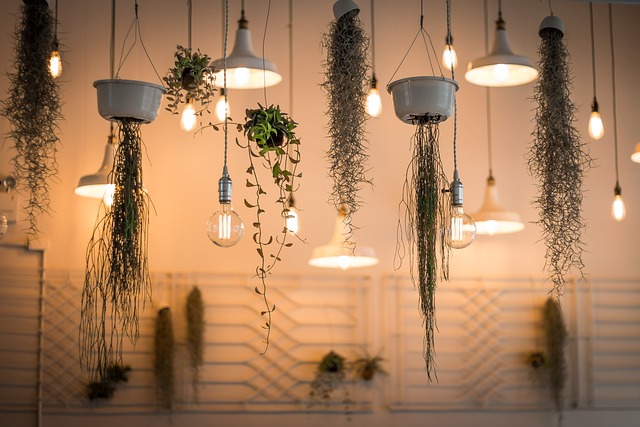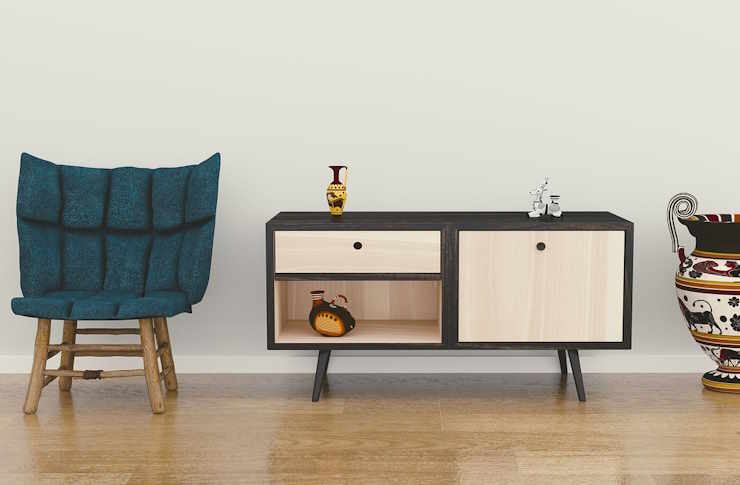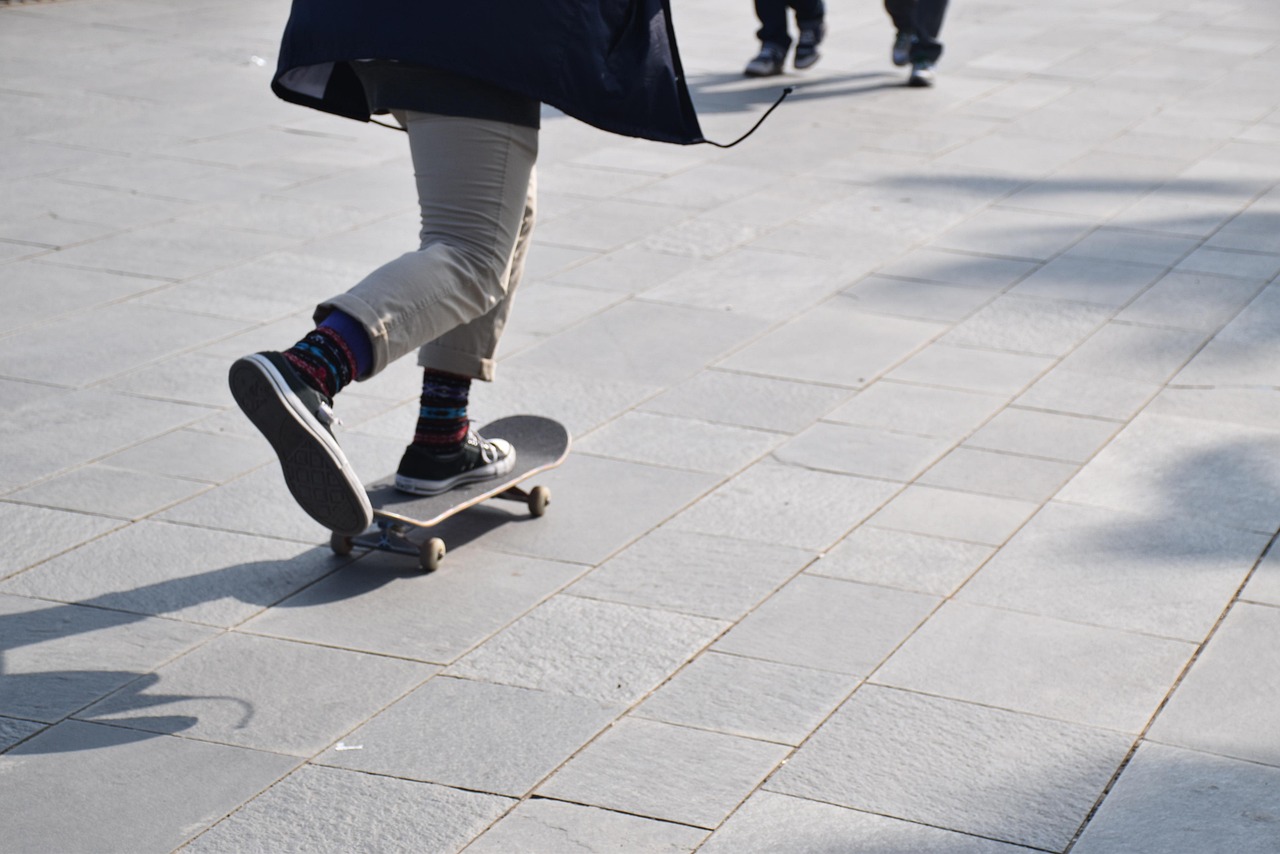Wholesale Artificial Plants: Complete Guide and Information
Wholesale artificial plants supply consistent greenery for homes, offices, and events without watering or seasonal limits. Materials range from basic plastics to realistic textiles. Bulk orders reduce cost per unit, while UV-resistant options help maintain color outdoors.

The artificial plant industry has experienced tremendous growth as more people recognize the benefits of synthetic greenery. Modern manufacturing techniques have created products that closely mimic real plants, complete with realistic leaf patterns, natural color variations, and authentic textures.
Understanding Wholesale Artificial Plants Markets
Wholesale artificial plants cater to various market segments including interior designers, event planners, retail stores, hotels, restaurants, and office buildings. The wholesale market offers significant cost savings compared to retail purchases, making it attractive for bulk buyers. Manufacturers typically offer minimum order quantities ranging from 50 to 500 pieces, depending on the product type and supplier.
The quality of wholesale artificial plants varies considerably based on materials used, manufacturing processes, and attention to detail. High-end options feature silk leaves, weighted bases, and hand-painted details, while budget-friendly alternatives use polyester or plastic materials with printed designs.
Essential Wholesale Artificial Plants Guide for Buyers
When purchasing artificial plants wholesale, several factors determine value and satisfaction. Material quality significantly impacts appearance and longevity. Silk plants offer the most realistic look but come at higher prices, while high-quality polyester provides good durability at moderate costs. UV-resistant treatments are crucial for plants intended for outdoor use or areas with direct sunlight exposure.
Size variety is another important consideration. Wholesale suppliers typically offer plants ranging from small desktop varieties to large floor plants exceeding six feet in height. Popular categories include tropical plants like fiddle leaf figs and monstera, succulents, flowering plants, and traditional houseplants such as pothos and snake plants.
Packaging and shipping considerations affect total costs. Reputable wholesalers use protective packaging to prevent damage during transit, though buyers should factor in potential replacement costs for damaged items.
Comprehensive Wholesale Artificial Plants Information
The artificial plant wholesale industry operates through various channels including direct manufacturers, importers, and specialized distributors. Many suppliers source products from manufacturing hubs in China, Vietnam, and other Asian countries where production costs remain competitive.
Seasonal trends influence wholesale pricing and availability. Spring and summer months typically see increased demand, potentially affecting prices and lead times. Smart buyers often place orders during off-peak periods to secure better pricing and ensure adequate inventory.
Customization options are increasingly available through wholesale channels. Some suppliers offer private labeling, custom pot selections, and even modified plant designs to meet specific requirements.
| Product Category | Typical Wholesale Price Range | Minimum Order Quantity | Key Features |
|---|---|---|---|
| Small Desktop Plants | $8-15 per unit | 50-100 pieces | Compact size, basic materials |
| Medium Floor Plants | $25-60 per unit | 25-50 pieces | Realistic details, weighted bases |
| Large Statement Plants | $80-200 per unit | 10-25 pieces | Premium materials, hand-finished |
| Outdoor Plants | $30-120 per unit | 20-40 pieces | UV-resistant, weather-proof |
| Specialty/Custom | $40-300 per unit | 15-30 pieces | Unique designs, premium materials |
Prices, rates, or cost estimates mentioned in this article are based on the latest available information but may change over time. Independent research is advised before making financial decisions.
Quality Assessment and Vendor Selection
Evaluating wholesale artificial plant suppliers requires examining multiple factors beyond price. Established suppliers typically provide product samples, detailed specifications, and clear return policies. Quality indicators include realistic leaf textures, natural color variations, sturdy construction, and appropriate weight distribution.
Reliable wholesalers maintain consistent inventory levels, offer reasonable lead times, and provide responsive customer service. Many successful buyers establish relationships with multiple suppliers to ensure backup options and competitive pricing.
Certifications and compliance with safety standards are particularly important for commercial applications. Look for suppliers who can provide documentation regarding fire resistance, non-toxic materials, and other relevant safety certifications.
Market Trends and Future Outlook
The wholesale artificial plant market continues evolving with technological advances and changing consumer preferences. Smart artificial plants incorporating LED lighting, air purification features, and even app connectivity represent emerging trends. Sustainability concerns are driving development of eco-friendly materials and recyclable components.
E-commerce platforms have made wholesale purchasing more accessible to smaller buyers, while traditional trade shows and industry exhibitions remain important for establishing supplier relationships and viewing products firsthand.
Wholesale artificial plants offer practical solutions for various applications, from commercial spaces requiring low-maintenance greenery to residential settings where natural plants prove challenging to maintain. Success in wholesale purchasing depends on understanding quality differences, establishing reliable supplier relationships, and carefully evaluating total costs including shipping and potential replacements.




